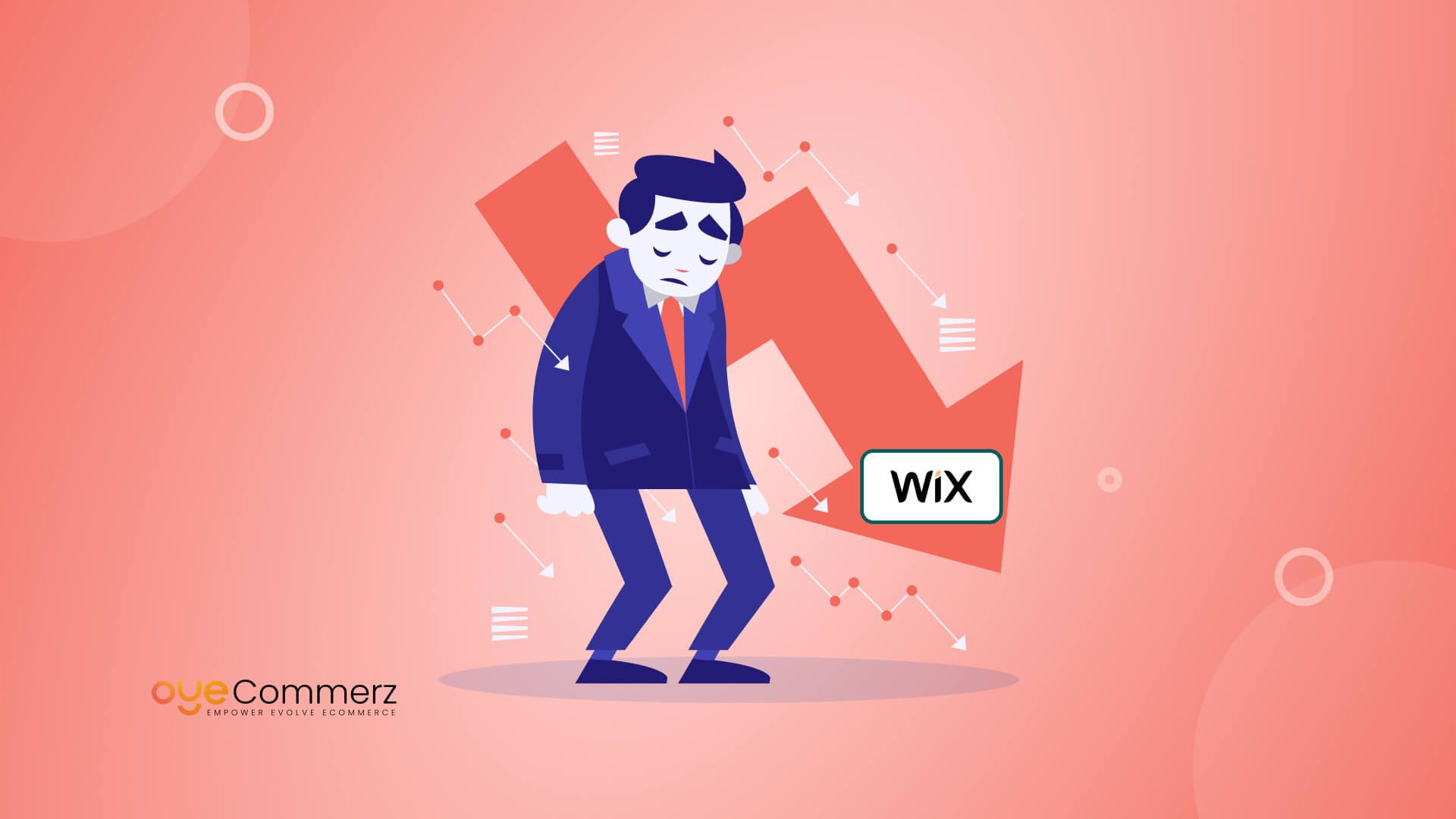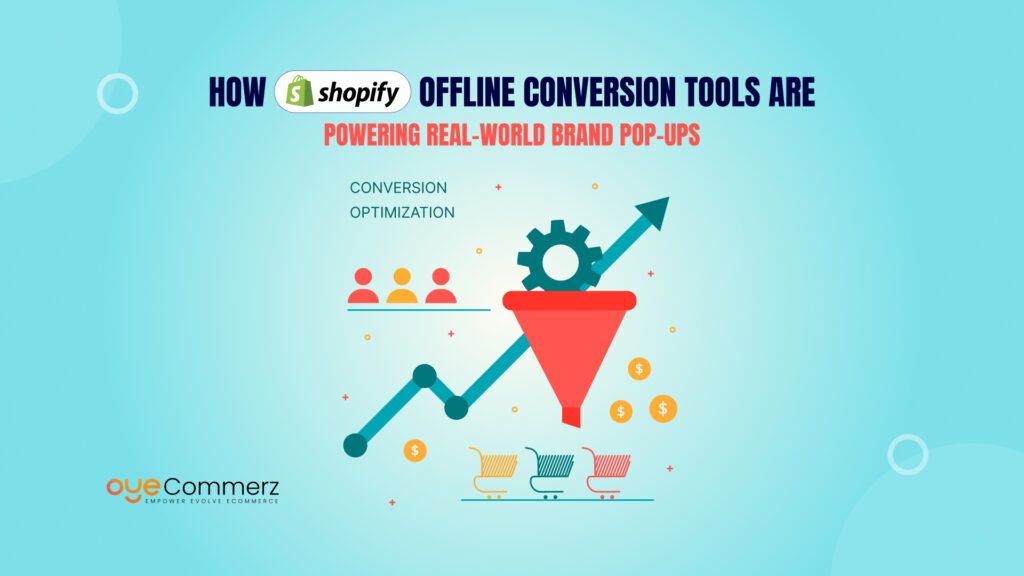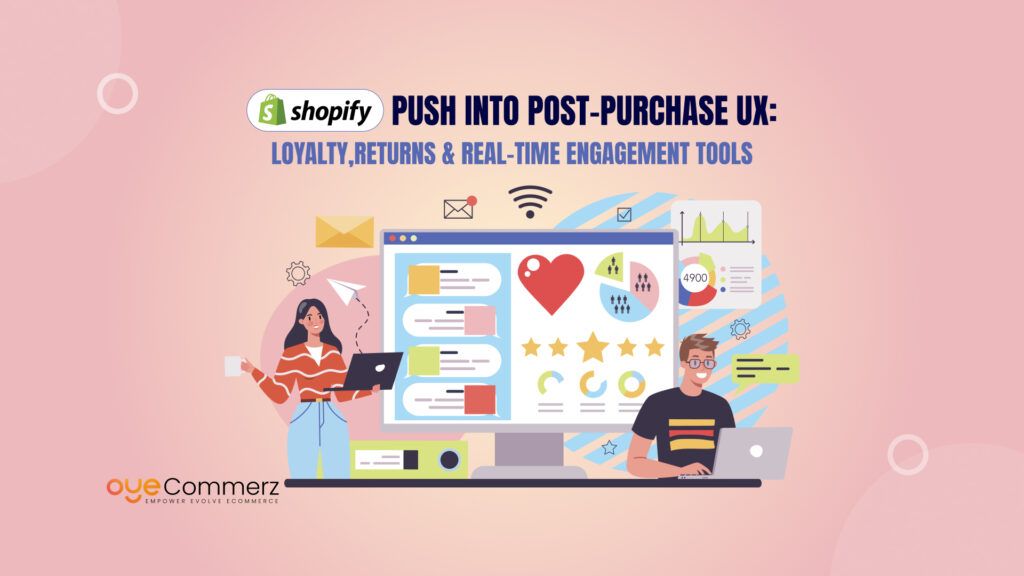Have you ever wondered why your website isn’t ranking despite putting in hours of effort? If you’re an existing business owner exploring Wix, you might be facing a tough reality: Wix SEO tools failing could be the reason your business growth is stuck in neutral.
With over 4.5 million active stores globally, Shopify has established itself as the go-to platform for businesses seeking robust e-commerce capabilities and reliable SEO tools.
But don’t worry, you’re not alone. Let’s dive into why Wix’s SEO tools might be holding you back and, more importantly, how you can fix it. Think of this as a friendly guide to turning your website into an organic traffic magnet by migrating your Wix Store to Shopify!
Table of Contents
ToggleWhat Are Wix SEO Tools and How Do They Work?
Wix offers a variety of built-in SEO tools designed to help businesses enhance their online visibility without requiring advanced technical skills. These tools aim to simplify the complex process of search engine optimization, making it more accessible for beginners or small businesses. Let’s break down these features and their intended benefits.
How These Tools Are Designed to Work
- Guided Setup: Wix SEO Wiz walks you through optimizing your website step by step. For example, it might suggest adding keywords to your homepage or creating alt text for images.
- Automated Features: Certain elements, like mobile optimization and structured data, are handled automatically, reducing manual effort.
- User-Friendly Interface: Wix provides a drag-and-drop editor, allowing non-technical users to implement SEO strategies with minimal training.
Intended Benefits of Wix SEO Tools
- Ease of Use: These tools are beginner-friendly, making SEO accessible for users with no prior knowledge.
- Time-Saving: With automated features, users can focus on content creation rather than technical SEO tasks.
- Affordable: Wix bundles SEO tools into its basic plans, offering cost savings for small businesses.
Are These Tools Enough for Growing Businesses?
While Wix SEO tools provide a good starting point, they are often limited in scope compared to more advanced SEO platforms. For example, businesses requiring technical SEO configurations, extensive keyword research, or third-party integrations may find these tools insufficient.
Stay tuned for the next section, where we’ll dive deeper into why Wix SEO tools may be failing to deliver results for your business and what specific factors contribute to their limitations.
Why Wix SEO Tools Are Failing to Deliver Results for Your Business
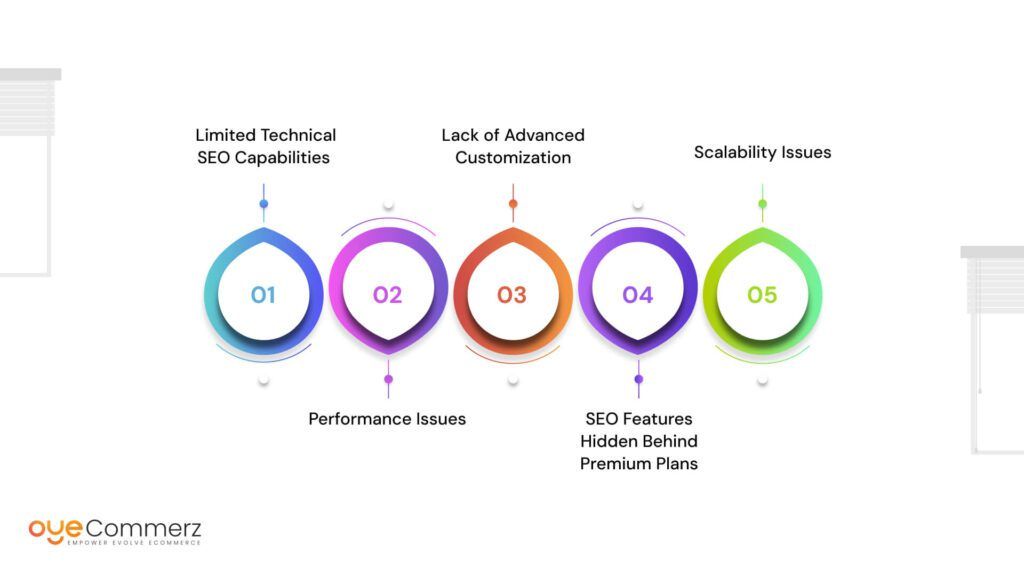
While Wix SEO tools provide a beginner-friendly solution, they often fall short in delivering the desired results for businesses looking to scale their online presence. Let’s delve into why these tools may not be effective for your business’s growth.
1. Limited Technical SEO Capabilities
Wix’s platform is designed to prioritize simplicity, but this often comes at the cost of flexibility. Technical SEO involves configuring elements like structured data, server settings, and advanced sitemaps, which are either difficult or impossible to customize on Wix.
2. Performance Issues
Page speed is a critical ranking factor, and Wix sites are notorious for slower load times compared to custom-built websites. Since Wix operates on a drag-and-drop model, its sites often come with excess code, and bloating load times.
- Impact on User Experience: Slow-loading pages increase bounce rates, signaling to search engines that your content isn’t engaging users effectively.
- Impact on Rankings: Google’s Core Web Vitals heavily penalize slow websites, making it harder for Wix-based sites to rank high in competitive niches.
3. Lack of Advanced Customization
Growing businesses often require advanced SEO strategies tailored to their unique audience. Wix’s SEO tools are limited in this aspect, as they don’t allow full control over certain elements:
- Keyword Optimization: Limited tools for advanced keyword research and tracking.
- Dynamic Content: Difficulty in optimizing dynamic pages for specific keywords.
- Third-Party Tool Integration: Minimal support for integrating advanced tools like SEMrush or Ahrefs.
4. SEO Features Hidden Behind Premium Plans
While Wix advertises SEO features as part of its platform, some crucial functionalities are locked behind higher-tier pricing plans. For example:
- Connecting a custom domain.
- Accessing detailed analytics reports.
This creates a barrier for small businesses that are already tight on budget.
5. Scalability Issues
As your website grows, so does the complexity of your SEO needs. Unfortunately, Wix’s infrastructure struggles to accommodate large-scale websites with thousands of pages or products.
- Static URL Structure: Limited URL flexibility can hurt e-commerce businesses with a large inventory.
- Server Limitations: Shared server environments can slow down website performance during traffic spikes.
The Common Pitfalls of Using Wix SEO Tools
Even with its user-friendly design, Wix SEO tools can pose challenges that might derail your website’s SEO success. These pitfalls can be particularly frustrating for businesses looking for more than just basic optimization.
1. Over-reliance on Automation
Wix SEO tools, like the Wix SEO Wiz, heavily rely on automation to guide users. While automation is convenient, it often overlooks nuances that manual SEO experts can identify. For instance:
- Generic Recommendations: The suggestions provided are not tailored to industry-specific needs.
- Keyword Strategy Gaps: Automated tools may suggest keywords that lack competitive value or relevance to your target audience.
2. Lack of Deep Data Insights
SEO success relies heavily on analyzing in-depth metrics, such as keyword performance, competitor insights, and backlink profiles. Unfortunately, Wix’s built-in analytics offer limited data, making it harder to create a comprehensive SEO strategy.
3. No Flexibility for Code Optimization
For businesses with unique requirements, access to the website’s backend code is crucial. However, Wix’s closed ecosystem restricts users from customizing code for SEO improvements such as schema markups, custom scripts, or specialized meta tags.
Wix SEO Tools Failing to Optimize Technical SEO: Here’s Why
Technical SEO plays a pivotal role in how search engines crawl and index your website. Wix, however, struggles to meet the technical SEO needs of growing businesses.
1. Limited Access to Structured Data
Structured data is essential for rich snippets, which improve click-through rates (CTR) and provide additional information on SERPs. Wix’s implementation is basic, offering limited customization options.
- Example Limitation: Users cannot add JSON-LD for advanced schema types like FAQs or reviews, which can boost visibility.
2. Ineffective URL Management
An optimal URL structure is critical for SEO, but Wix-generated URLs often include unnecessary characters or long strings, making them less search-engine-friendly.
- Example: A product page URL like www.example.com/store/product?ref=wix is less effective than a clean URL like www.example.com/product-name.
3. Crawlability Challenges
Search engines rely on clean sitemaps to understand website structures. Wix’s automatic sitemap generation often includes irrelevant URLs, leading to inefficient crawling and indexing.
How Slow Website Speed on Wix Impacts SEO Rankings
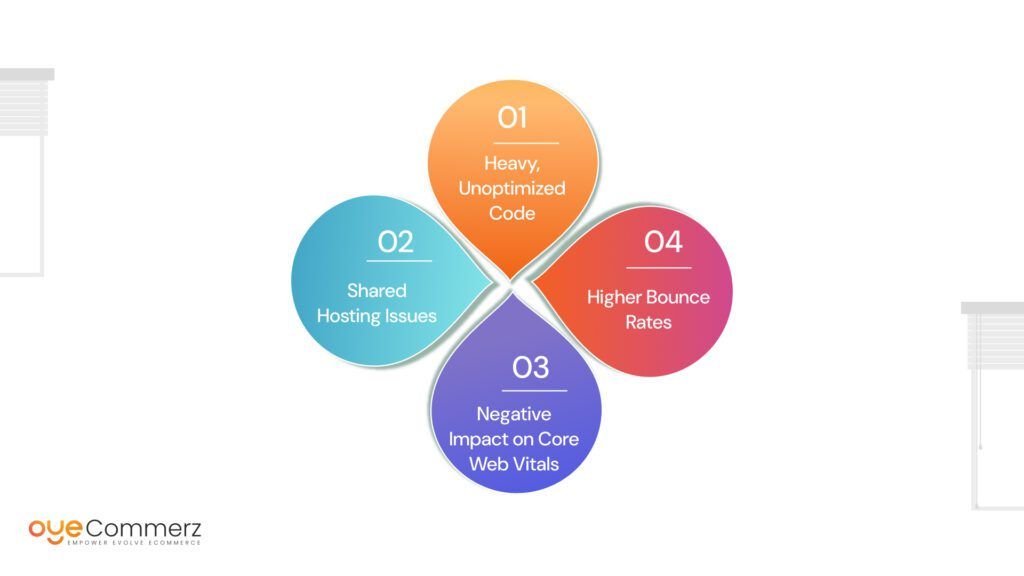
Studies have shown that Wix websites often experience slower page load times, which can negatively impact user experience and SEO rankings. Here’s why:
1. Heavy, Unoptimized Code
The drag-and-drop functionality that makes Wix easy to use also generates excessive, bloated code. This impacts load times significantly, especially for websites with high-resolution images or multiple interactive elements.
2. Shared Hosting Issues
Wix websites operate on shared server environments, meaning your site’s performance may depend on the traffic and activity of other websites on the same server.
- Impact: Slower loading speeds during peak traffic hours.
3. Negative Impact on Core Web Vitals
Google evaluates Core Web Vitals to measure website performance and user experience. Wix websites often score poorly on metrics like:
- Largest Contentful Paint (LCP): Time taken to load the main content on a page.
- Cumulative Layout Shift (CLS): Stability of page elements during loading.
4. Higher Bounce Rates
Slow-loading pages discourage users, leading to increased bounce rates. Search engines interpret this as a lack of user engagement, negatively affecting rankings.
Are Wix SEO Tools Holding Back Your Customization Potential?
Customization is a cornerstone of effective SEO strategies. Tailored solutions often outperform generic tools, as they allow businesses to cater to specific target audiences and adapt to ever-changing search engine algorithms. Unfortunately, Wix SEO tools are known for their limited flexibility, which can hinder your ability to implement advanced strategies.
1. Restricted Access to Backend Code
Customization often requires direct access to the website’s backend, allowing you to tweak elements such as meta tags, structured data, and redirects. Wix, however, operates within a closed ecosystem, making it difficult to:
- Add custom scripts or third-party integrations.
- Optimize JavaScript or CSS for better load times.
- Implement advanced tracking codes for analytics or advertising.
2. Limited Control Over SEO Elements
Key SEO components like title tags, meta descriptions, and image alt texts are editable in Wix, but only to a certain extent. Businesses that require intricate, page-by-page optimizations often hit roadblocks.
- Example: You may want different meta tags for dynamic pages, but Wix applies a one-size-fits-all approach.
3. URL Customization Constraints
Wix automatically generates URLs that can include unwanted strings or parameters. While it allows some customization, it doesn’t provide the level of control needed for large websites with diverse content.
- Impact: Poorly structured URLs can reduce keyword relevance and affect click-through rates.
4. Integration Limitations
Advanced SEO strategies often rely on third-party tools like Google Tag Manager, SEMrush, or Ahrefs for in-depth analysis and tracking. Wix’s limited support for these integrations restricts your ability to:
- Monitor keyword performance effectively.
- Analyze competitor backlinks.
- Set up advanced tracking for conversion rate optimization.
The True Cost of Relying on Wix SEO Tools for Your Business
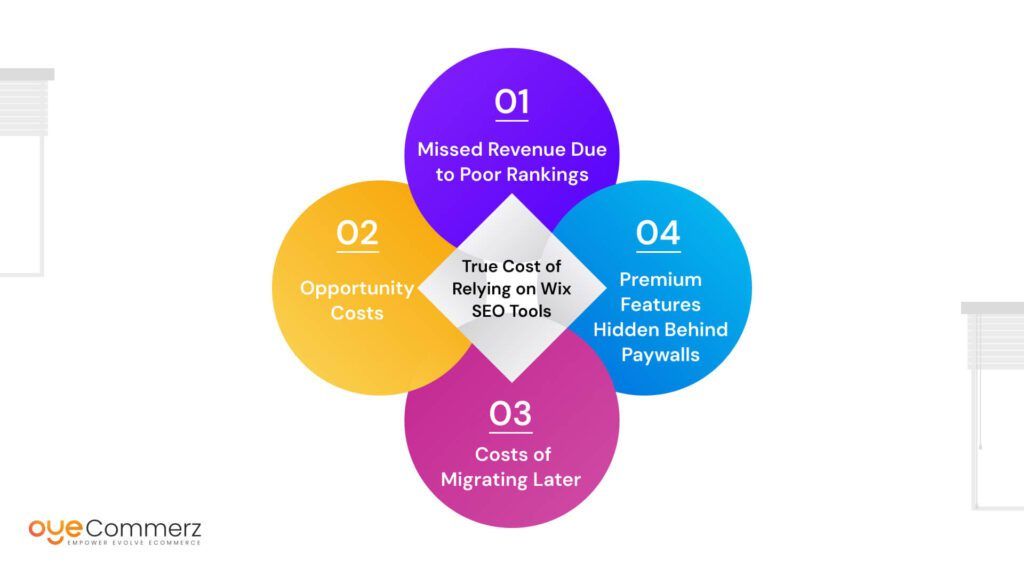
At first glance, Wix appears to be a cost-effective solution for building and managing a website. However, hidden costs often surface as businesses grow and their SEO needs become more complex. Merchants using Shopify have reported significant increases in average revenue per customer, indicating the platform’s effectiveness in driving sales.
1. Missed Revenue Due to Poor Rankings
Inadequate SEO tools can prevent your website from ranking on the first page of search engine results. This directly impacts your organic traffic and, consequently, your revenue.
- Stat: Studies show that the first result on Google captures over 25% of all clicks, while results on the second page get less than 1%.
2. Opportunity Costs
Relying on Wix means spending valuable time and resources working around its limitations instead of focusing on core business activities. For example:
- Creating workarounds for features like structured data.
- Manually tracking SEO metrics due to the lack of advanced analytics.
3. Costs of Migrating Later
Many businesses eventually outgrow Wix and are forced to migrate to a more scalable platform. The migration process can be expensive and time-consuming, involving:
- Data transfers.
- URL redirection to prevent ranking loss.
- Rebuilding site architecture.
4. Premium Features Hidden Behind Paywalls
While Wix advertises its SEO tools as part of its platform, many essential features are locked behind higher-tier pricing plans. Examples include:
- Connecting a custom domain.
- Accessing detailed analytics reports.
Is It Time to Move On? Alternatives to Wix SEO Tools – Why Shopify Is the Perfect Choice
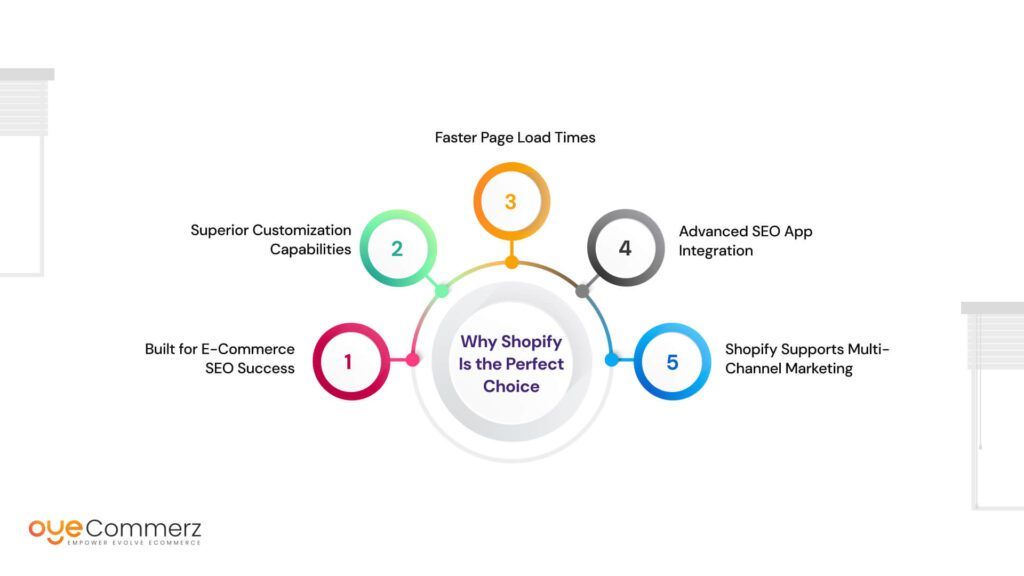
If you’re an existing business owner on Wix and finding that its SEO tools are holding you back, it may be time to consider migrating to a platform designed for scalability, 0customization, and advanced SEO capabilities.
Shopify holds a substantial share of 28% in the U.S. e-commerce platform market, reflecting its widespread adoption among online retailers.
For many businesses, Shopify is the ideal alternative. As a leading e-commerce platform, Shopify not only resolves the limitations of Wix SEO tools but also provides a solid foundation for long-term growth.
1. Built for E-Commerce SEO Success
Unlike Wix, which targets a broad audience, Shopify focuses specifically on e-commerce businesses. Its SEO tools are tailored to help online stores achieve higher search engine rankings and maximize visibility.
2. Superior Customization Capabilities
Shopify gives you more control over your SEO strategy, enabling you to implement advanced optimizations that are difficult or impossible on Wix.
- Access to Meta Tags and Schema Markups: Easily add structured data for rich snippets.
- Customizable Themes: Modify page elements to align with your branding and SEO goals.
- Third-Party Apps: Integrate tools like SEO Manager or Plug in SEO to track and enhance your SEO efforts.
3. Faster Page Load Times
Shopify’s infrastructure is designed for performance, ensuring that your website loads quickly even during traffic spikes. Faster websites not only improve user experience but also rank higher on Google.
4. Advanced SEO App Integration
Shopify’s ecosystem allows seamless integration with leading SEO apps that provide functionalities far beyond what Wix offers:
- SEMRush: For in-depth keyword research and competitor analysis.
- Ahrefs: For tracking backlinks and monitoring domain authority.
- Google Analytics Integration: Gain insights into your traffic, bounce rates, and conversions.
5. Shopify Supports Multi-Channel Marketing
Shopify lets you optimize your SEO across multiple sales channels, such as Amazon, Facebook, and Google Shopping. This multi-channel approach ensures your business gets maximum exposure.
How to Recover From Wix SEO Tools Failing Your Business
If Wix SEO tools have been holding your business back, you’re not alone. Many business owners struggle to recover from the limitations of a platform that doesn’t fully support their SEO needs. However, recovery is possible with the right strategy and tools. Here’s a step-by-step guide to help you bounce back and set your business on a path to SEO success.
1. Conduct a Comprehensive SEO Audit
Before making changes, it’s crucial to understand the extent of your SEO issues.
2. Optimize Your Website for Core Web Vitals
Google uses Core Web Vitals to evaluate page performance. Focus on:
- Largest Contentful Paint (LCP): Reduce load times by compressing images and minifying code.
- Cumulative Layout Shift (CLS): Ensure stable page elements during load by predefining image and video dimensions.
- First Input Delay (FID): Optimize server response times for faster interactivity.
3. Fix Technical SEO Issues
Wix often creates technical SEO roadblocks, but these can be mitigated during or after migration:
- URL Structure: Transition to clean, keyword-rich URLs.
- Schema Markup: Add rich snippets to enhance SERP visibility.
- Canonical Tags: Properly implement canonicalization to avoid duplicate content penalties.
4. Invest in Quality Content Creation
Content remains a cornerstone of SEO success. To recover from poor rankings:
- Focus on Intent-Based Keywords: Create content that directly answers user queries.
- Update Existing Content: Optimize outdated posts with fresh information and new keywords.
- Add Value: Use multimedia like videos, infographics, and images to improve engagement.
5. Transition to Shopify for Advanced SEO Tools
As outlined earlier, Shopify provides superior SEO tools that can make recovery more efficient. Migrate your website to Shopify to leverage:
- SEO-focused themes.
- Third-party integrations for keyword tracking and analytics.
- Faster loading speeds to improve rankings.
Why OyeCommerz Offers a Superior SEO Solution for Your Business
At OyeCommerz, we specialize in creating tailored Shopify migration and SEO solutions that drive real results for businesses. Here’s what sets us apart:
1. Expert-Led Shopify Migration
- Smooth transition from Wix to Shopify with no loss of SEO rankings or data.
- Implementation of 301 redirects to retain existing traffic.
2. Advanced SEO Optimization
- Customizable Shopify themes optimized for faster load times and better search visibility.
- Integration of cutting-edge SEO tools for keyword tracking, competitor analysis, and performance monitoring.
3. E-Commerce Growth Specialists
- Industry-specific strategies to maximize organic traffic and conversions.
- Continuous support for adapting to SEO trends and algorithm updates.
4. Results-Driven Approach
- Focused on preserving your rankings, improving your SEO metrics, and driving sustainable growth.
Switch from Wix to Shopify with OyeCommerz today and transform your website into an SEO powerhouse designed for long-term success. Contact us now to get started!
Contact to Migrate your Site to Shopify Now
Conclusion
If your business is struggling to achieve results with Wix SEO tools, it’s time to reconsider your platform and strategy. While Wix offers a user-friendly interface for beginners, it lacks the scalability, customization, and advanced SEO capabilities that growing businesses need to thrive.
By transitioning to Shopify from Wix with the help of OyeCommerz, you can unlock the full potential of your online presence. With Shopify’s robust SEO tools and our expertise in migration and optimization, your website will be primed for better rankings, increased organic traffic, and long-term growth.
FAQs: SEO and Platform Migration for Shopify
1. Is Shopify or Wix better for SEO?
Shopify is generally better for SEO than Wix. Shopify offers faster page speeds, better URL structures, built-in SEO tools, and more advanced customization for meta tags, redirects, and schema markup. Wix has improved its SEO features but still lacks flexibility compared to Shopify, making it less ideal for larger eCommerce stores.
2. Which SEO tool is best for Shopify?
Some of the best SEO tools for Shopify include:
- Yoast SEO – Helps with on-page SEO and readability.
- Plug In SEO – Automates SEO issue detection and fixes.
- SEMRush & Ahrefs – Advanced keyword research and competitor analysis.
- SEO Manager – Shopify-specific app for optimizing metadata, sitemap, and schema markup.
3. Does Shopify automatically do SEO?
Shopify includes built-in SEO features, such as auto-generated sitemaps, structured data, and clean URLs, but it does not fully automate SEO. You still need to optimize product descriptions, alt text, and metadata manually for better rankings. Apps and custom modifications can enhance Shopify’s SEO performance.
4. Can I switch from Wix to Shopify?
Yes, you can migrate from Wix to Shopify using tools like Cart2Cart, LitExtension, or manual methods. The process includes transferring products, customer data, orders, and content, as well as setting up redirects to maintain SEO rankings. Shopify provides better scalability, customization, and advanced eCommerce features, making it a strong choice for growing businesses.

